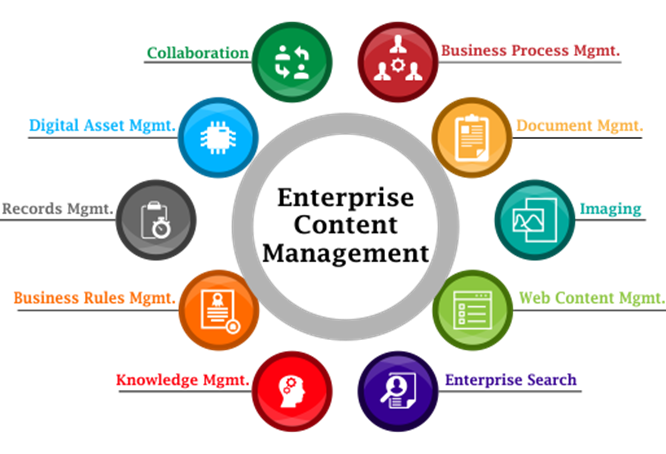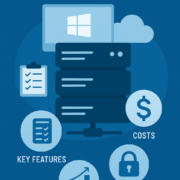Enterprise Content Management Platform for Knowledge Management: Leveraging Information for Business Success
Managing the vast amount of content generated by businesses can be daunting, especially when different teams are responsible for different types of content and multiple channels are used to distribute it. This is where an Enterprise Content Management Platform comes in. An ECM platform is a software system that provides a centralized location for creating, storing, organizing, and distributing content across an organization.
ECM platforms offer businesses a streamlined approach to managing their content, ensuring that the right people have access to the right content at the right time. An ECM platform aims to improve efficiency and productivity, reduce costs, and improve customer satisfaction by ensuring that all content is easily accessible and up to date.
Benefits of Using an ECM Platform
The benefits of using an Enterprise Content Management platform are many. First and foremost, it enables businesses to manage content effectively, regardless of its format or location. This means that all content is stored in a single repository, making it easier to locate and manage. This, in turn, leads to greater efficiency and productivity as employees spend less time searching for information.
Another benefit of an ECM platform is that it improves collaboration among team members. All content stored in a centralized location allows team members to access the same information, make changes, and share feedback in real-time. This eliminates the need for multiple versions of the same document, which can cause confusion and errors.
ECM platforms also provide businesses with greater control over their content. Administrators can set permissions and access levels for different teams, ensuring that only authorized personnel can access sensitive information. This improves security and reduces the risk of data breaches.
Finally, an ECM platform improves customer satisfaction by ensuring that all content is up-to-date and accurate. Customers who can easily access the information they need are more likely to be satisfied with the services provided by a business.
Key Features of an Enterprise Content Management Platform
ECM platforms offer a range of features designed to make it easier to manage content across an organization. These include:
- Document Management – ECM platforms provide businesses with a centralized location for storing and managing documents, ensuring that all documents are easily accessible and up to date.
- Workflow Management – ECM platforms automate the process of creating and approving content, streamlining the workflow and improving productivity.
- Records Management – ECM platforms provide businesses with a secure and compliant way to manage records, ensuring that they are stored and disposed of in accordance with legal requirements.
- Digital Asset Management – ECM platforms provide businesses with a centralized location for managing digital assets such as images, videos, and audio files.
- Search – ECM platforms provide businesses with advanced search capabilities, allowing employees to quickly locate the content they need.
- Integration – ECM platforms integrate with various software systems, including Customer Relationship Management (CRM) and Enterprise Resource Planning (ERP) systems.
Considerations When Choosing an Enterprise Content Management Platform
When choosing an ECM platform, there are several factors to consider. These include:
- Ease of Use – The platform should be easy to use and navigate, with a user-friendly interface.
- Scalability – The platform should be able to grow with the business, accommodating additional users and content as needed.
- Security – The platform should have robust security features, including access controls and encryption, to protect sensitive information.
- Integration – The platform should be able to integrate with other software systems used by the business.
- Support and Training – The vendor should provide comprehensive training and support to ensure employees can use the platform effectively.
- Cost – The cost of the platform should be considered of the benefits it provides and should be evaluated against other options in the market.
- Customization – The platform should be customizable to meet the specific needs of the business, such as branding and workflows.
- Compliance – The platform should comply with regulatory requirements, such as GDPR and HIPAA.
Conclusion
In today’s digital age, businesses generate and manage vast amounts of content, which can be challenging to organize and distribute effectively. An ECM platform offers a solution to this problem, providing a centralized location for creating, storing, and distributing content across an organization.
Overall, an ECM platform is a valuable tool for businesses looking to streamline their content management processes, improve productivity, and enhance customer satisfaction. By implementing an ECM platform, businesses can gain a competitive advantage in the marketplace and position themselves for long-term success.
Read More:How to Optimize Your E-commerce Management in 2023




